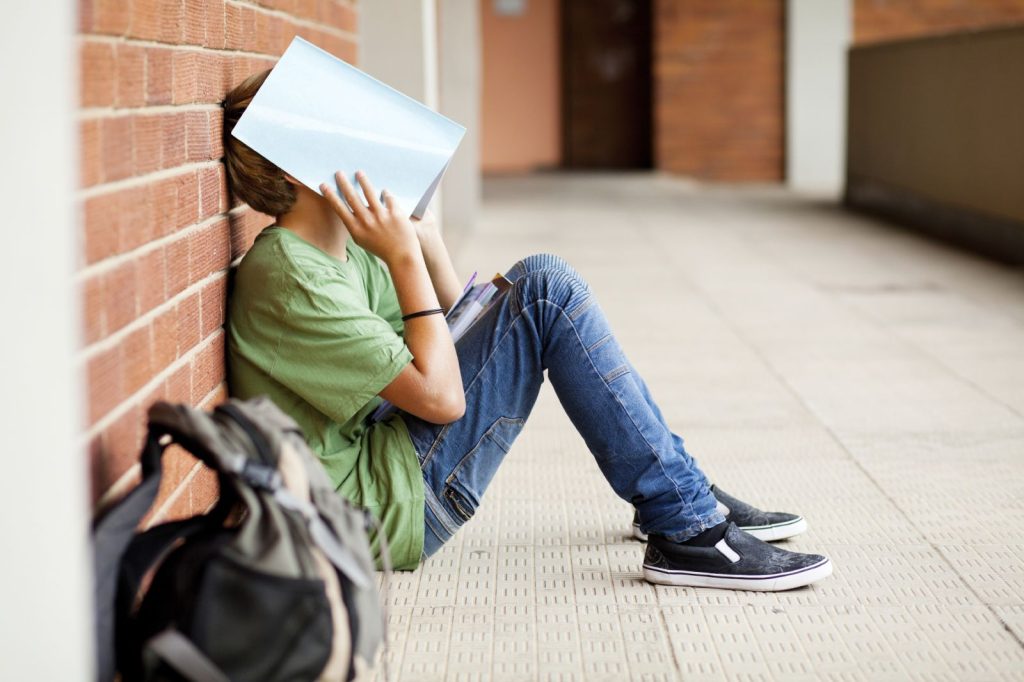Almost half of all high school seniors report they have used drugs at least once. Almost 20 percent state they used cannabis within the past 30 days. Most people are aware of the detrimental effect this drug has on teens and college students. It affects everything from their social life to their mental health. One thing that often gets overlooked when discussing the negative effects of marijuana is the impact it has on a student’s academic performance.
Dropout Rates
Substance abuse has led to an increase in high school dropout rates. Those students who dropped out of school before earning a degree had a higher rate of drug, alcohol, and cigarette use than their peers who stayed and graduated with a diploma. The numbers don’t lie, which is why psychotherapy for SUD needs to be implemented rapidly when a child is found to be using drugs or alcohol.
Researchers found those who dropped out of school had a 31.4 percent drug use rate. Of those who remained in school, only 18.2 percent reported drug use. Furthermore, dropouts tended to be current users, while those still in school had a much lower rate of current use. Illegal prescription drugs were used more often by dropouts, as well.
Alcohol users were also more inclined to quit school before finishing. They didn’t go on to college or get a degree. Sadly, this lack of a high school diploma or higher education will lower their pay throughout their lifetimes.
Drug Use and Brain Changes
One reason teens and young adults struggle when they use marijuana and other substances is their brains aren’t fully developed. Brain scans show the development may continue until they are 24 or 25. As a result, teens and young adults experience more cognitive effects of substance abuse, both in the short-term and over time. Social and emotional consequences come with this use, putting them more at risk of academic issues.
Regardless of which drug they choose to use, brain function changes, and these changes are apparent on scans. These changes lead to information processing and concentration difficulties along with problems with their working memories. However, the physical changes are only part of the equation.
Behavioral Changes Seen with Drug Use
Adolescents who use drugs and alcohol often associate with antisocial peers. They are less engaged at school and have other social and behavioral problems. This change in brain functioning and motivation often leads to a decline in grades and attendance. The student may then drop out of school.
Researchers continue to look at this topic and believe that use at a younger age can lead to different outcomes than drug and alcohol use when a teen is older and preparing to enter adulthood. Use at a younger age often leads to the teen joining a less ideal peer group. This peer group often stays with the teen as they get older. If a person begins using at an older age, they often move to a more normative group. Doing so often leads to a change for the better in their academic performance. This information suggests getting a teen into treatment can change the trajectory of their academic career.
Parents, school administrators, and more need to consider this information when determining what to do with a teen or young adult who is using drugs or alcohol. Early intervention can improve their lives immensely, particularly if this intervention leads to them finishing high school and possibly moving on to college. Anyone who suspects a teen or young adult is using drugs or alcohol should reach out for help immediately. Time is of the essence in this situation.
